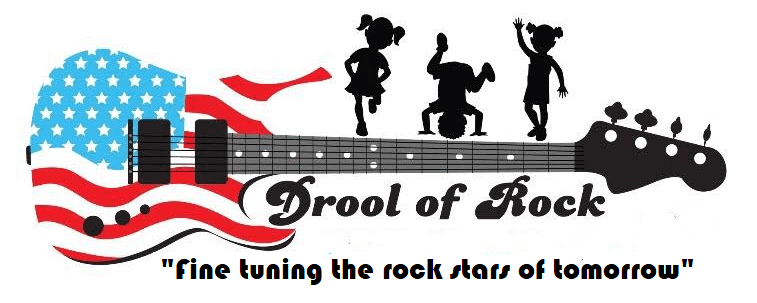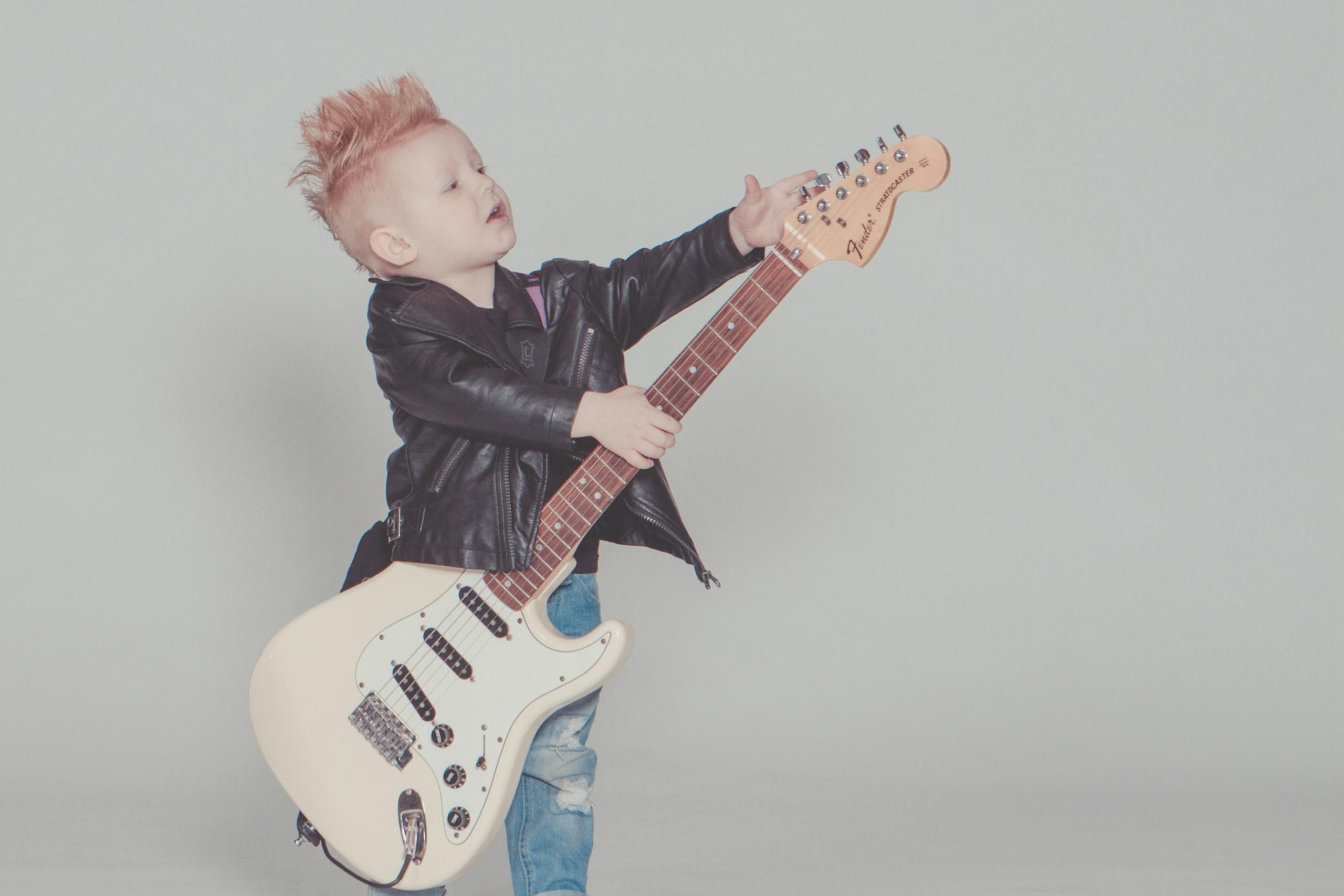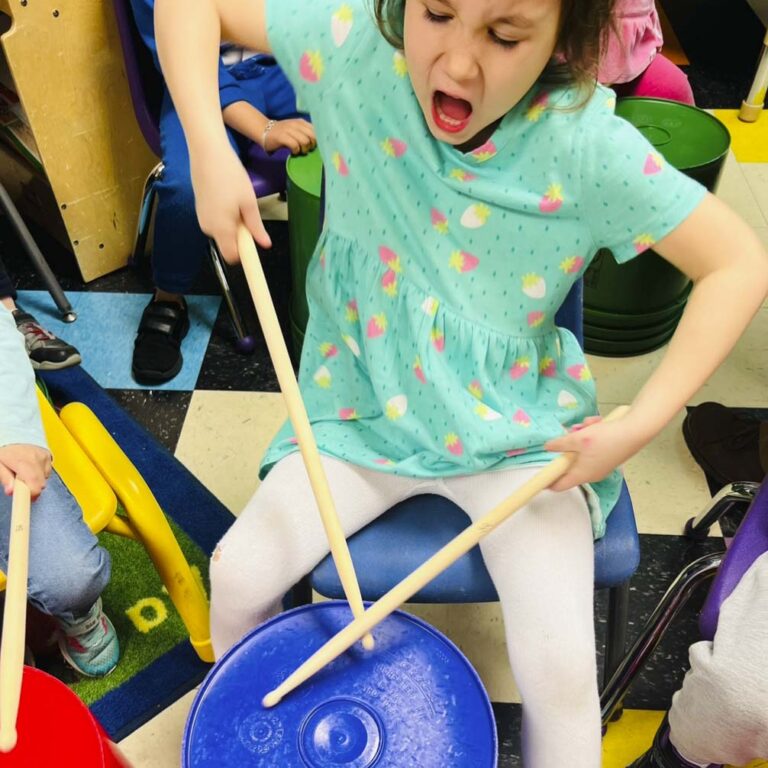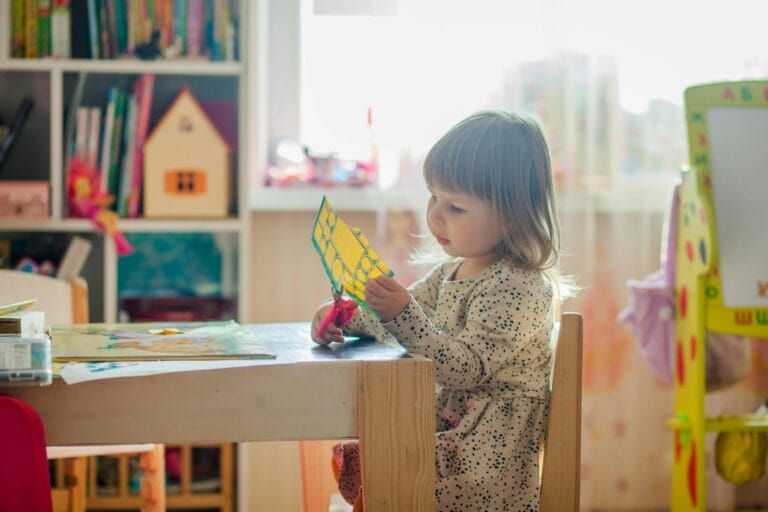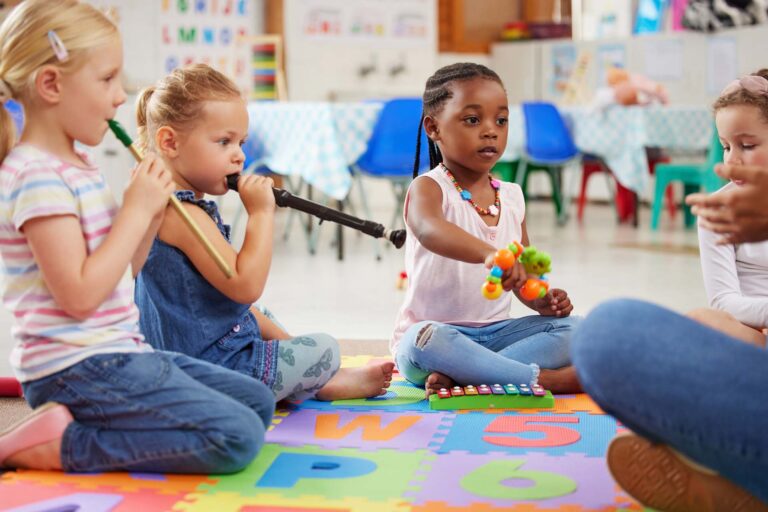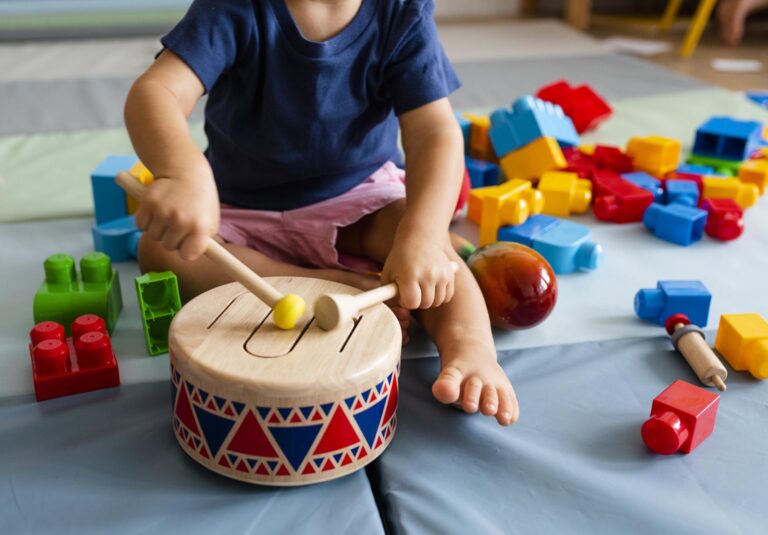Music has a powerful impact on people of all ages, but its effect on young children is especially profound. At our childcare center in Owings Mills, MD, music is more than just background noise—it’s a core part of how we teach, connect, and help children grow. Through singing, instrument play, and music-infused learning, we support each child’s development in ways that are fun, natural, and deeply effective.
Let’s explore the many ways music education helps young children thrive cognitively, emotionally, and socially—and why it’s a vital part of our program.
Boosting Brain Development
Music lights up multiple areas of the brain, making it an ideal learning tool for young children whose brains are growing rapidly. When a child listens to or plays music, they activate areas linked to memory, attention, and pattern recognition.
Here’s how music supports early brain development:
- Improved language skills: Songs introduce new vocabulary and encourage children to practice speaking and listening. Rhymes and rhythms also help with pronunciation and early reading readiness.
- Stronger math skills: Understanding beats, rhythms, and patterns supports early math concepts like counting and sequencing.
- Enhanced memory: Learning lyrics and remembering melodies builds memory skills that help with learning in other areas.
At our Drool of Rock, children are regularly exposed to music through both structured lessons and free play. Whether they’re tapping on drums, strumming a ukulele, or simply clapping to a rhythm, their brains are hard at work.
Encouraging Emotional Expression
Young children often struggle to explain their feelings in words, especially when those emotions are big or confusing. Music offers a safe and effective outlet for emotional expression.
- Calming and soothing: Gentle music can help children feel relaxed and secure, especially during transitions or quiet time.
- Exciting and energizing: Upbeat tunes can spark joy and encourage movement, which is helpful during group play or physical activities.
- Expressive and validating: Singing about feelings or moving to music helps children understand their emotions and feel seen.
In our classrooms, music is used intentionally throughout the day to guide emotional energy. Whether it’s a soft lullaby before nap or an energetic song to start the day, music supports healthy emotional regulation.
Supporting Social Development
Music brings people together, and this is especially true for children. Group musical activities help little ones develop important social skills that are essential for later success in school and life.
- Taking turns and sharing: When playing instruments together, children learn to listen, take turns, and share tools.
- Working as a team: Group singing or dancing builds cooperation and a sense of community.
- Building confidence: Performing in front of peers, even in a small circle, helps boost self-esteem and communication skills.
We include music as part of our daily social learning, giving children plenty of opportunities to connect with others through song and movement.
Inspiring Creativity and Imagination
There’s no limit to what a child can imagine—and music helps unlock that creativity. When children make up songs, move to the beat, or create sound effects with instruments, they are engaging in open-ended play that stimulates their creative thinking.
We encourage this type of learning at our childcare center in Owings Mills, MD by:
- Providing access to a variety of musical instruments
- Playing different styles and cultures of music
- Including music in storytelling, art, and pretend play
By fostering creativity, we help children become more confident thinkers and problem-solvers.
Creating a Joyful Learning Environment
Most importantly, music makes learning fun. It brings joy to the classroom, turns routines into memorable experiences, and makes even simple lessons feel exciting. At our center, music is playing throughout the day—during drop-off, art time, outdoor play, and everything in between.
This joyful environment keeps children engaged and excited to learn. It also helps them associate learning with happiness, which sets the tone for future academic success.
Why Music Matters at Our Childcare Center in Owings Mills, MD
Introducing music early in life gives children a strong foundation for future learning and emotional well-being. At Drool of Rock in Owings Mills, MD, we believe in the power of music to inspire, educate, and uplift. That’s why it’s woven into everything we do—from our weekly music classes to our everyday routines.
If you’re looking for a childcare program that supports your child’s development in every way, consider one that values music as much as we do. Your child’s journey begins with a joyful sound—and we’re here to help them every step of the way. Sign up for a tour today.
